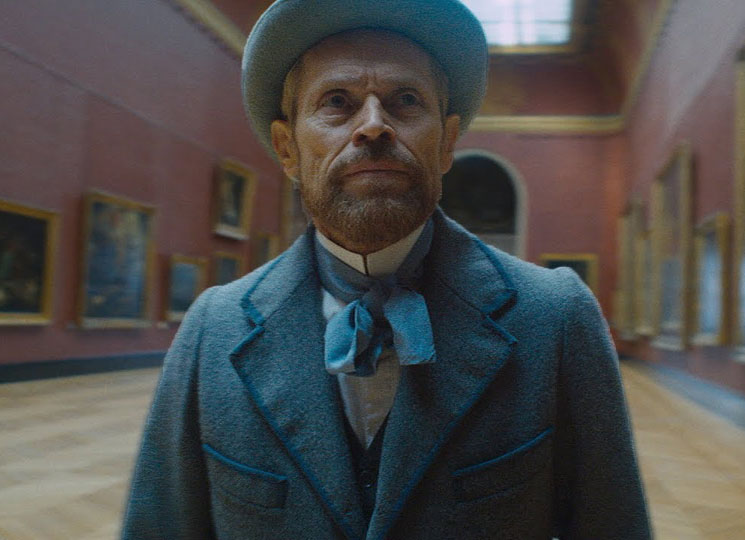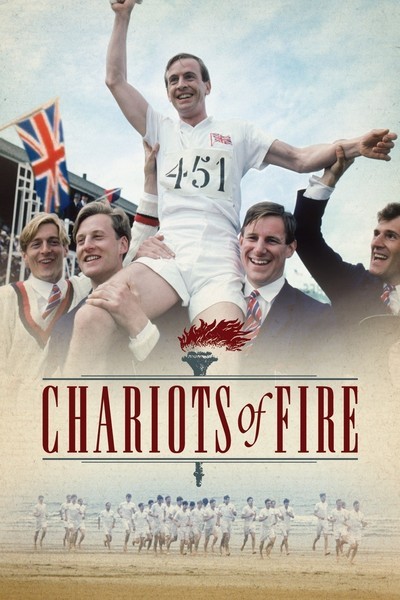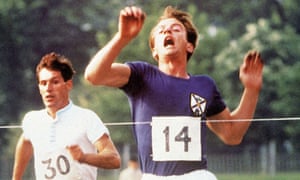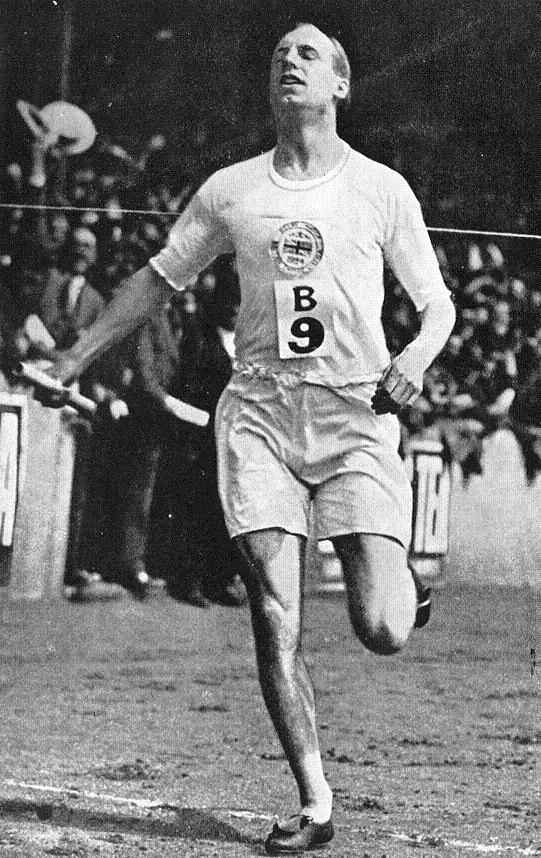THE OTHER SIDE OF THE WIND
The Other Side of the Wind was a legendary 'lost film', the uncompleted 'comeback' for Orson Welles, a man simultaneously admired and abused by Hollywood. After his death in 1985, it looked like The Other Side of the Wind would never be seen. The legend around the incomplete film grew with its various twists and turns (Lawsuits! Embezzlement! The Shah of Iran?!) I doubt anyone expected Netflix, seen by some as a plague on cinema, would be the one to finally provide the resources needed to have The Other Side of the Wind finally released, long after most of the participants have died.
With The Other Side of the Wind finally released, I am of two minds on it. For those who love cinema, we can see elements of Welles' genius and of his bitterness and anger towards the film industry. However, for the casual film-goer, it will probably prove confusing and frustrating.
J.J. 'Jake' Hannaford (John Huston), a legendary film director, is celebrating his 70th birthday and working on his new film, The Other Side of the Wind, which is his response to the avant-garde overtaking cinema. He is trying to get finances to complete the film and the birthday party is an informal viewing party/fundraiser.
 There are a wide variety of cineastes and film students who have come to the party to record him, a precursor to YouTube and Instagram. At the head of his unofficial court is Hannaford's successful protégé Brooks Otterlake (Peter Bogdanovich), a master of mimicry. Hannaford has his regular crew which has been with him for years. He also has critics, in particular Julie Rich (Susan Strasberg), who has no love for Hannaford.
There are a wide variety of cineastes and film students who have come to the party to record him, a precursor to YouTube and Instagram. At the head of his unofficial court is Hannaford's successful protégé Brooks Otterlake (Peter Bogdanovich), a master of mimicry. Hannaford has his regular crew which has been with him for years. He also has critics, in particular Julie Rich (Susan Strasberg), who has no love for Hannaford.She also suspects that Hannaford, despite his macho persona may be a closeted homosexual who has fixations on his newest actor. That new find is "John Dale" (Bob Random), a beautiful young man whom he rescued from a suicide attempt while vacationing in Mexico. John Dale and a woman known only as "The Actress" (Oja Kodar) are the leads in this film-within-a-film, where they are mute and in various stages of undress (she almost wholly nude).
As the party goes on, and the power cuts out to stop people from seeing the unfinished film, the guests get drunker and nastier. A drive-in is quickly found to finish seeing the film, but Hannaford finds that his protege will not rescue him financially or creatively, and with all that he takes a swing at Rich for all but calling him a homosexual. He manages to get home, where he sees John Dale, whom he discovered had faked his suicide attempt to get his attention and is a professional actor. Hannaford invites him into the car he intended to give him as a gift after filming wrapped, but Dale silently declines.
As we know from the beginning that Jack died in an auto accident on his 70th birthday, we know where the story ends.
 When seeing The Other Side of the Wind, a viewer has to keep some things in the back of his/her mind. Essentially, this is still an 'incomplete' film in that Welles, for a variety of reasons, never formally finished it. One should also keep in mind that because of all the troubles he had, particularly in finding finance, he shot The Other Side of the Wind in a variety of forms: black-and-white to color, high-speed film to traditional film stock, shifting wildly between them. Bogdanovich's opening narration explains in essence how this came to be (the pseudo-documentary culled from a wide group filming on their own individual cameras of varying abilities).
When seeing The Other Side of the Wind, a viewer has to keep some things in the back of his/her mind. Essentially, this is still an 'incomplete' film in that Welles, for a variety of reasons, never formally finished it. One should also keep in mind that because of all the troubles he had, particularly in finding finance, he shot The Other Side of the Wind in a variety of forms: black-and-white to color, high-speed film to traditional film stock, shifting wildly between them. Bogdanovich's opening narration explains in essence how this came to be (the pseudo-documentary culled from a wide group filming on their own individual cameras of varying abilities).As it stands, the wild shifts in style flowed surprisingly well to where you soon forgot how things went from one to the other. Apart from the film-within-a-film footage (which was all the same) the movie's rapid shifts, sometimes within the same scene, weren't so jarring as to take one of the film.
As you watch The Other Side of the Wind, you gain a greater respect for the type of gonzo filmmaking Welles was creating, even if one is never sure this is exactly how Welles would have wanted the film presented. As he is not here to tell us if this is his definitive version (outside of a seance), one works with what one actually has.
The Other Side of the Wind has some truly hypnotic sequences, almost all of them involving the film-within-the-film. A love scene between 'the Actress' and 'John Dale' is particularly visually arresting. The final sequence where Kodar is walking in the desert, nude (she is almost always nude) and essentially deflating a giant penis is also very avant-garde.
However, one person's 'hypnotic' could be another's 'sleep-inducing', and I fear that The Other Side of the Wind is not 'commercial'. In many ways, The Other Side of the Wind may leave people puzzled by those rapid cuts and rather opaque film-within-the-film. I understand and respect that, and wonder if a more 'orthodox' manner would have worked if Welles had ever been given the option to create under more ideal circumstances.
Still, we see in The Other Side of the Wind how much Orson Welles was personally respected. You have a variety of actors who had worked for him before in small parts, such as Paul Stewart (who worked with him on Citizen Kane), Edmond O'Brien and Mercedes McCambridge. It's a credit to Welles that despite the hodgepodge the film is, he got them to act in a way that seems to make things cohesive.
There are other performances were also quite well-done. Bogdanovich plays Otterlake as an eager 'apostle' but one aware he has left the master behind. Norman Foster is tragic as Billy, Jake's worshipful aide who falls off the wagon in spectacular fashion. It is hard to judge John Huston's performance (Huston being the only other director apart from Welles to have a successful acting career, at least to my knowledge). He seems to be playing a version of himself: the 'director-as-god' type who slowly descends as the boozy night continues. Kodar, who was Welles' longtime mistress, has an enigmatic quality though she never speaks and is curiously referred to as "an Indian" despite Kodar being in reality Croatian.
The Other Side of the Wind has been released, and I find that it is a flawed but fascinating piece of art. Be forewarned: the rapid-fire editing and at times opaque plot (particularly of the fictional The Other Side of the Wind) may end up frustrating people who just want to be entertained. It does not make it a bad film or those who find it all rather odd dumb people. It is, as I said, a flawed but fascinating film, making one wonder about how Welles could have and should have done more work.
In his love-hate relationship with Hollywood, which had a love-hate relationship with Orson Welles, The Other Side of the Wind is both swan song and poison pen letter, his simultaneous send-up of New Hollywood and plea to be let in.
DECISION: B+

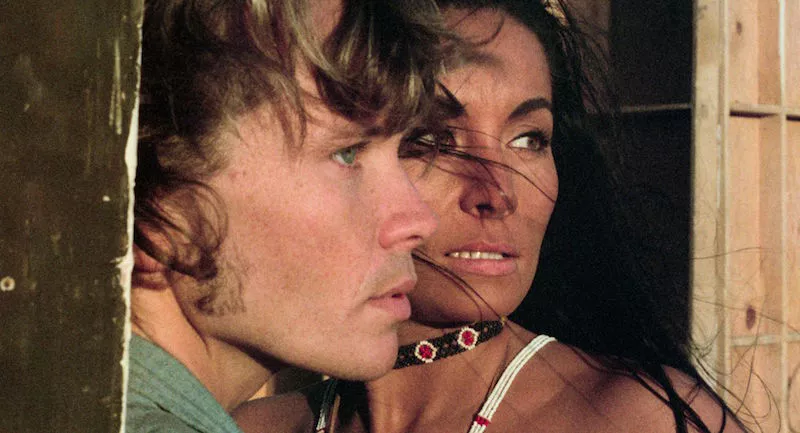
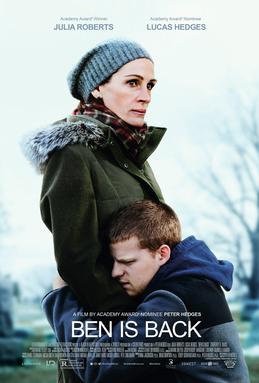


.png)


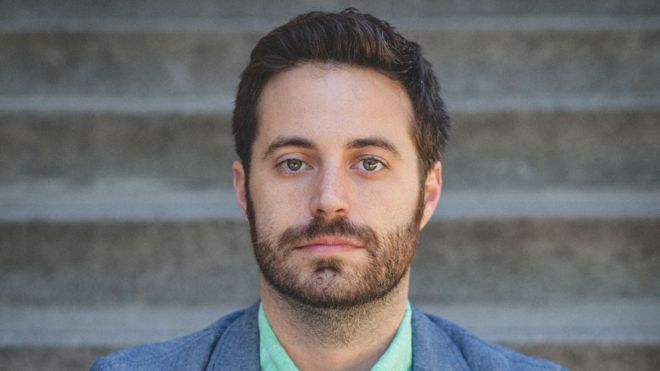
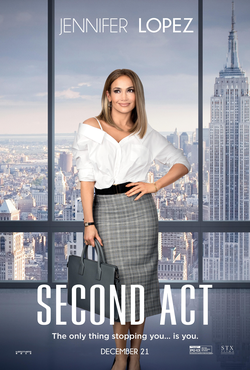
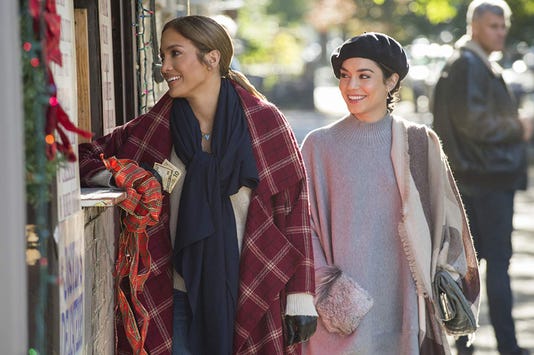
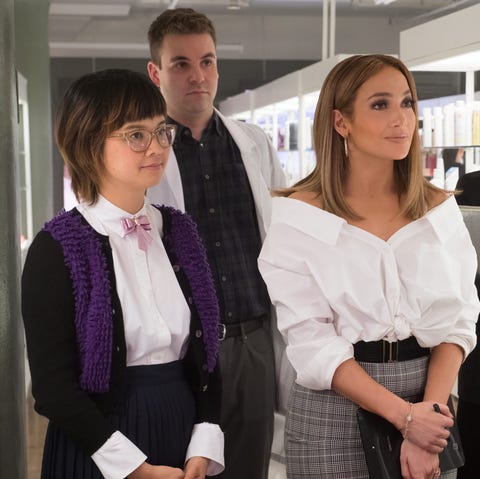
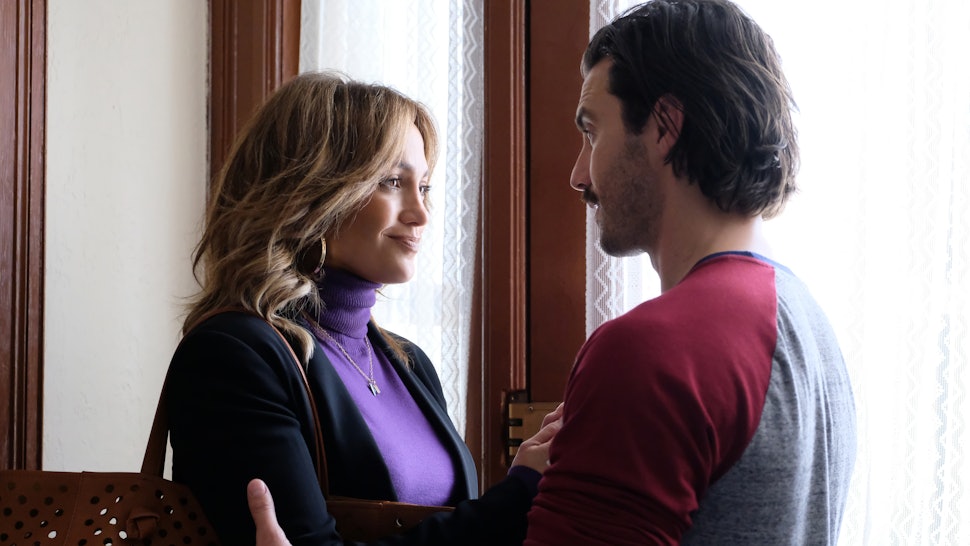
.png)
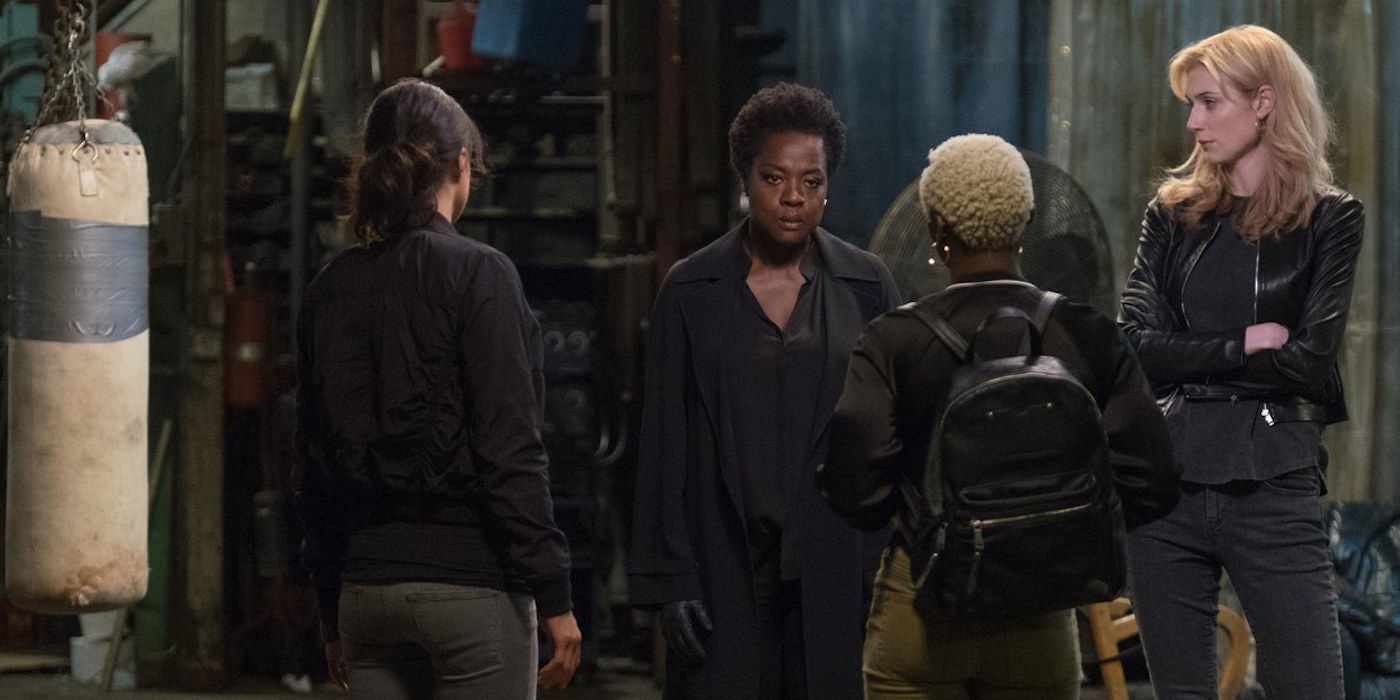
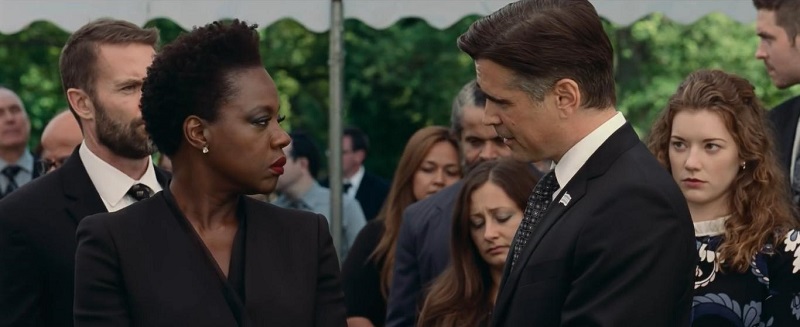


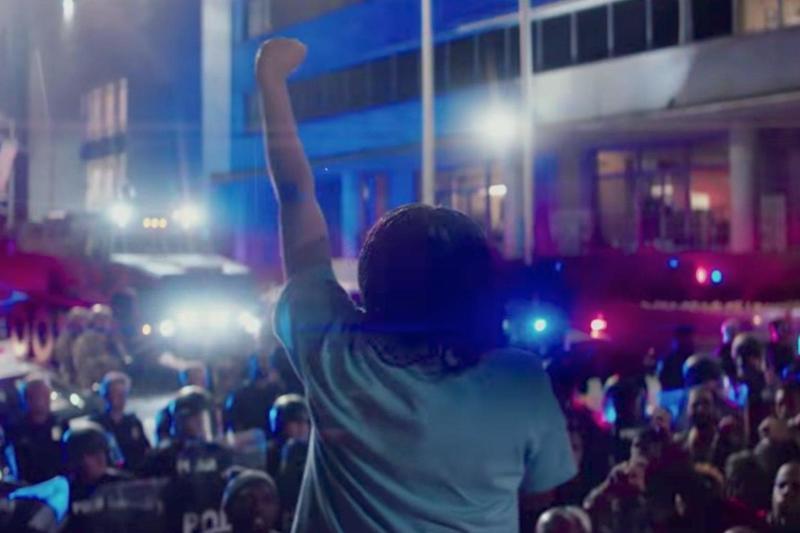


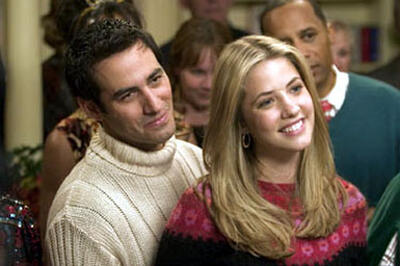




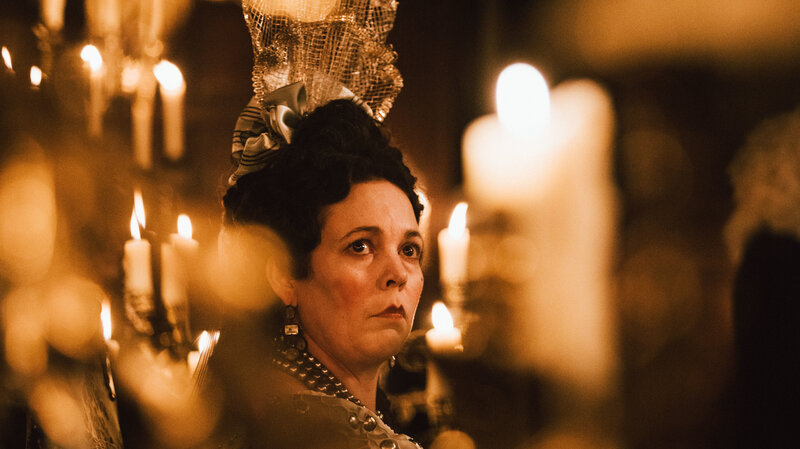

.png)


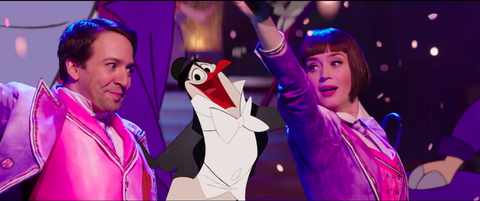



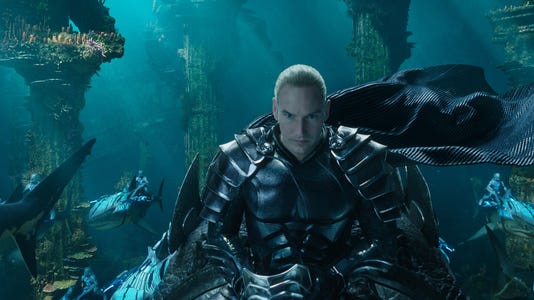
.png)
